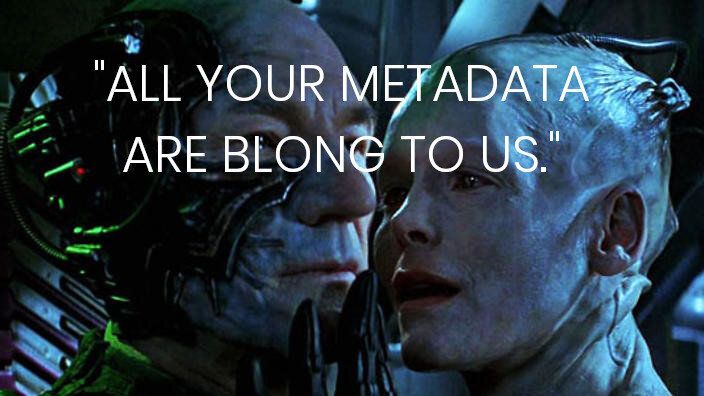203 reads
Asking For A Friend: Can Blockchain Stop the Borg?
by
November 1st, 2020
Game theorist, securities lawyer, blockchain junky, COO & CLO @ Flare Networks (all opinions are my own).
About Author
Game theorist, securities lawyer, blockchain junky, COO & CLO @ Flare Networks (all opinions are my own).
